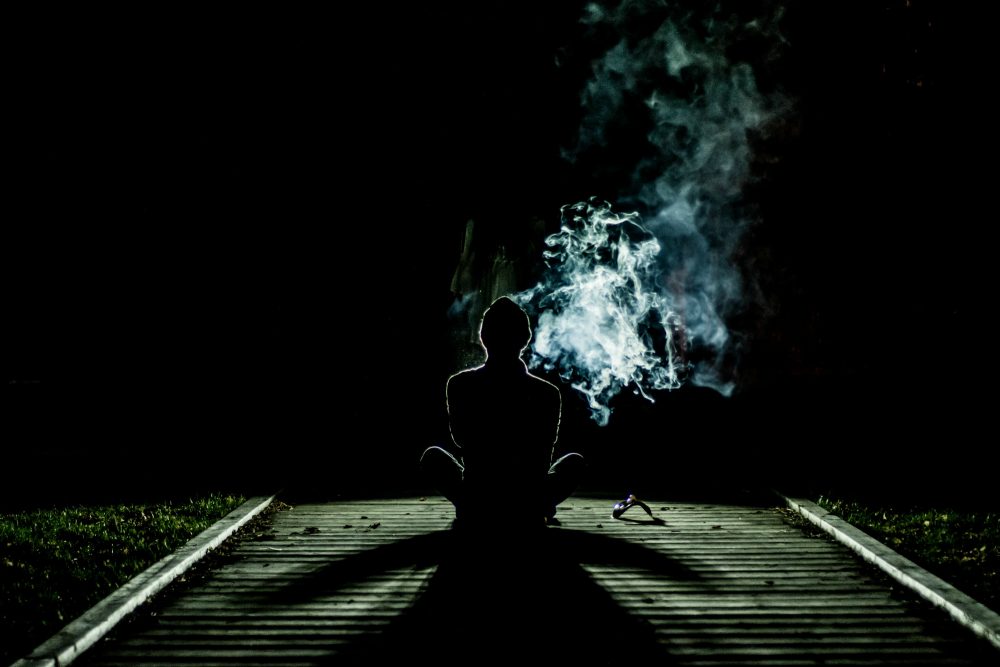Advertisement
The Joint That Haunts Me: 44 Years After An Arrest For Pot Possession, Reflections On Q4

COMMENTARY
When I was 21, I was arrested for drinking, disturbing the peace and possession of marijuana — one joint, actually. I used to carry one in my wallet. I didn’t really like to smoke, but my girlfriend did. I was leaving a party on campus at a dorm at UMass Amherst, when I was taken into custody by the Amherst police, who had been tipped off about the party by a student security guard. The college was cracking down on parties. This was 1972. Let me just say that I was not driving. I lived on campus. It was at the station where the arresting officer discovered the joint. I remember him saying, “Now we’ve got you.”
I spent the weekend in jail and was arraigned Monday. Released on personal recognizance, I hired a local lawyer who, for $100, got the judge to agree to postpone the trial indefinitely. All good, right? Much better than the high school classmate of mine who, in 1969, spent six months at Suffolk for possession of marijuana.
It was at the station where the arresting officer discovered the joint. I remember him saying, 'Now we’ve got you.'
Fast-forward 20 years. I was married with a son. My wife and I wanted another child, but she had secondary infertility. After signing up with an agency, we applied to adopt a girl from Guatemala. We were interviewed, had friends write references, and deposited $5,000. We received photos of a baby girl. We were excited. Part of the application process included submitting a CORI. I never thought my arrest would still be on the books after 20 years, but it was. Although the government of Guatemala did not care about the drinking, possession of marijuana made my wife and me ineligible to adopt.
You probably wonder why we did not just apply to another country; strangely enough, in addition to losing our deposit, we both felt a sense of emotional loss and, by the time we got over it, a couple of years had passed. So, we did not adopt.
Of course it was my fault. I should not have had too much to drink. I should not have carried a joint with me. And today, I would just be fined in Massachusetts for carrying the same amount of pot. Yet in most states, possession of marijuana is still a crime. According to the United States Sentencing Commission, over half of the inmates in federal prison are there for drug-related crimes, half of which are for marijuana.
Of course it was my fault. I should not have had too much to drink. I should not have carried a joint with me.
Colorado legalized recreational marijuana two years ago. "There are a certain number of folks, like myself, who were pretty reticent to begin with," said Colorado Speaker of the House Dickey Lee Hullinghorst, who concluded, “Everything seems to be working pretty well.” A state survey indicates that a majority of Colorado’s residents agree.
Let’s live up to our progressive reputation and be a model for other states. Legalizing marijuana is a small step toward addressing the many problems in our justice system that have resulted in 2.3 million Americans behind bars. We need to stop putting people who take drugs in jail.
Forty-four years later, whenever I apply for a job or a volunteer position, my arrest still pops up. I don’t smoke marijuana, but if other adults want to, they ought to be able to do so legally, without suffering the lingering stigma — or worse — of an arrest.
